Vegan Globetrotter is supported by our audience. When you purchase through one of our links, we may earn a small affiliate commission. As an Amazon Associate I earn from qualifying purchases. Your cost is not affected.
==================
Throughout history, people have actively valued herbs for health because of their dual roles in promoting well-being: therapeutic healing properties and culinary uses. From the mint people use to soothe a troubled stomach to lavender actively calming a restless mind, these natural wonders demonstrate their efficacy time and again. Modern research continues to explore the depths of herbal medicine, attempting to unlock and understand the complex compounds within that can actively promote health and alleviate illness.
Herbs for Health: Unlocking Nature’s Pharmacy for Well-being
While their use dates back millennia, today herbs remain a cornerstone in both traditional and alternative medicine practices. With the rise of holistic approaches to health, the integration of herbs such as turmeric, famous for its anti-inflammatory properties, and cinnamon, known to help regulate blood sugar levels, is becoming increasingly common. Consumers are becoming more proactive in not only seeking remedies for ailments but also in preventing them, and herbs are often at the forefront of these self-care strategies.
Incorporation of herbs into diets and lifestyles for their potential health benefits requires knowledge and discernment. Understanding which herbs best suit specific needs is important, ensuring they complement existing health regimens without causing adverse effects. With herbs being so accessible, from supplements to teas, the emphasis on educating oneself on their safe application is more important than ever.

Key Takeaways
- Herbs have traditional and modern uses for health, backed by both historical and contemporary research.
- Integrating herbs into one’s diet can promote well-being, but should be tailored to individual health needs.
- Safe use of herbs entails understanding their properties and potential interactions with other health practices.

The Basics of Herbal Medicine
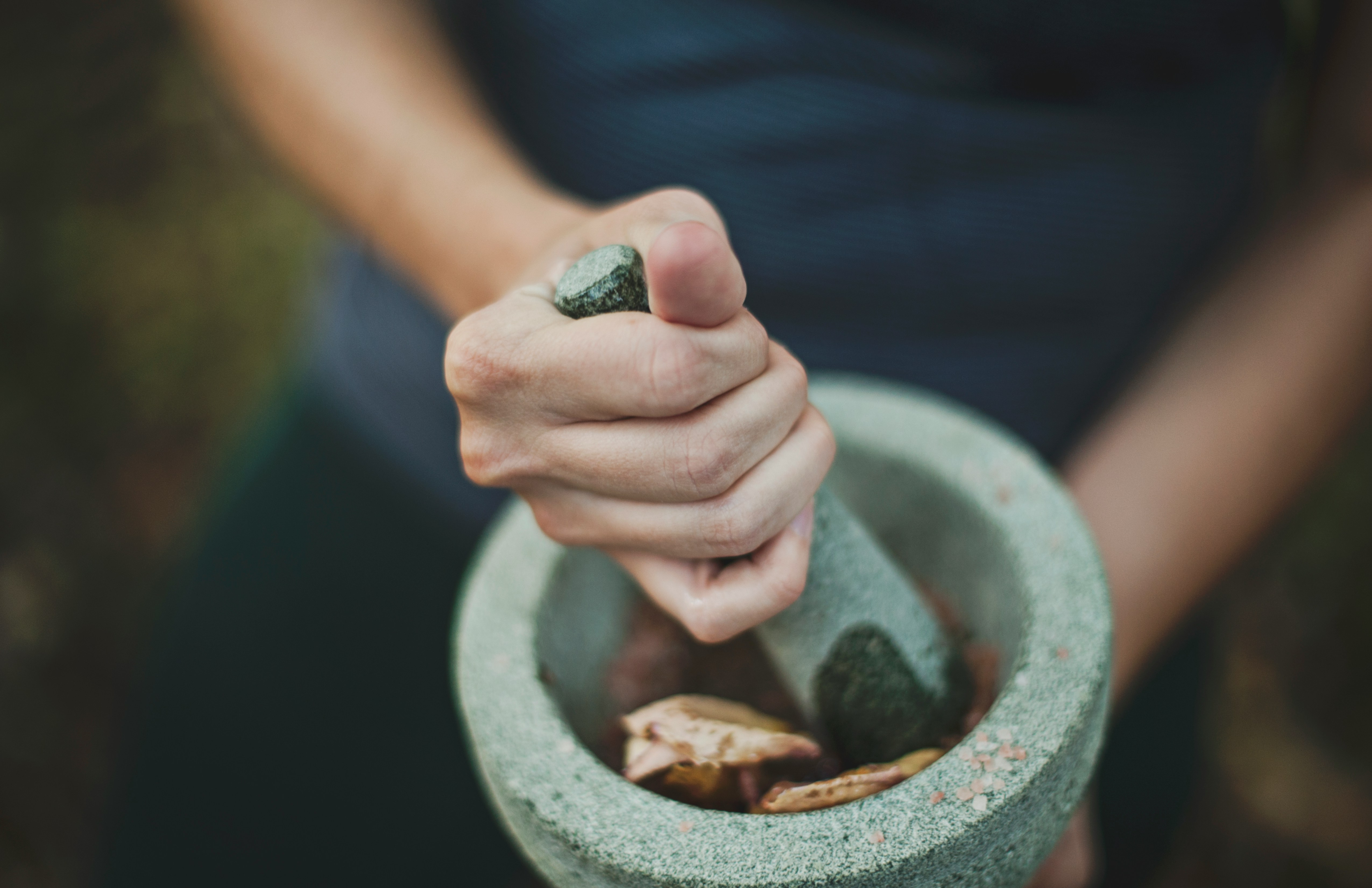
Photo by Katherine Hanlon on Unsplash
Herbal medicine is the practice of using plants and plant extracts to support health and treat various health conditions. Herbalists use different parts of plants, such as flowers, leaves, bark, seeds, and roots, in various forms — teas, tinctures, powders, capsules, or ointments.
Safety and Efficacy
For many, the allure of herbal medicine lies in its historical use and perceived gentleness, but it is vital to approach it with an informed mindset. Just like conventional medicine, herbal treatments may carry potential side effects and interact with other medications. It’s imperative to do more research and consult with healthcare professionals before starting any herbal regimen.
Quality Control and Dosage
Quality can vary significantly between herbal products. Ensuring the use of reputable sources and standardized extracts can help in achieving more predictable therapeutic outcomes. Dosage is equally as important as the choice of herb; both insufficient and excessive amounts can impede the desired effects.
Common Herbs and Their Uses
- Chamomile: Often used for its calming effects and may help with sleep and digestion.
- Echinacea: Sought for its potential immune-boosting properties.
- Garlic: Valued for cardiovascular benefits and antimicrobial activity.
- Ginger: Renowned for anti-nausea properties and digestive aid.
Using Healing Herbs with Medicinal Benefits, individuals seek remedies for ailments ranging from common colds to chronic conditions. The prudent use of herbal medicine requires an understanding of the herbs, attentive self-monitoring, and collaboration with healthcare providers.

History of Herbal Use
People across the globe have incorporated various plants for medicinal, culinary, and spiritual purposes throughout millennia, shaping the rich history of herbal use. Indigenous communities, ancient civilizations, and traditional healing systems like Ayurveda and Traditional Chinese Medicine all contribute to these herbal traditions.
Ancient Egypt
In ancient Egypt, people used herbs like aloe vera and garlic for medicinal and religious purposes, as recorded in historical documents. Greek and Roman cultures extensively utilized herbs, with figures like Hippocrates highlighting the medicinal properties of plants.
Chinese Medicine
Traditional Chinese Medicine, which dates back thousands of years, heavily relies on herbal remedies to balance the body’s energy. Similarly, Ayurveda in ancient India emphasized the holistic use of herbs to achieve harmony in the body and mind.
European Herbal Use
During the Middle Ages, herbal knowledge spread across Europe, and monasteries played a crucial role in cultivating medicinal gardens. The Renaissance period further fueled interest in botany, resulting in the compilation of herbals detailing plant properties.
Common Herbs and Their Health Benefits
For thousands of years, people already recognize the medicinal properties of herbs. Each plant offers unique benefits, and some are particularly well-suited for addressing specific health concerns.

Photo by Yulia Mostova on Unsplash
Chamomile for Relaxation
Chamomile’s gentle sedative effects, make it a popular tea choice before bedtime. Studies suggest that chamomile tea may help reduce stress and improve sleep quality due to its content of apigenin, a bioactive compound that can bind to certain receptors in the brain.
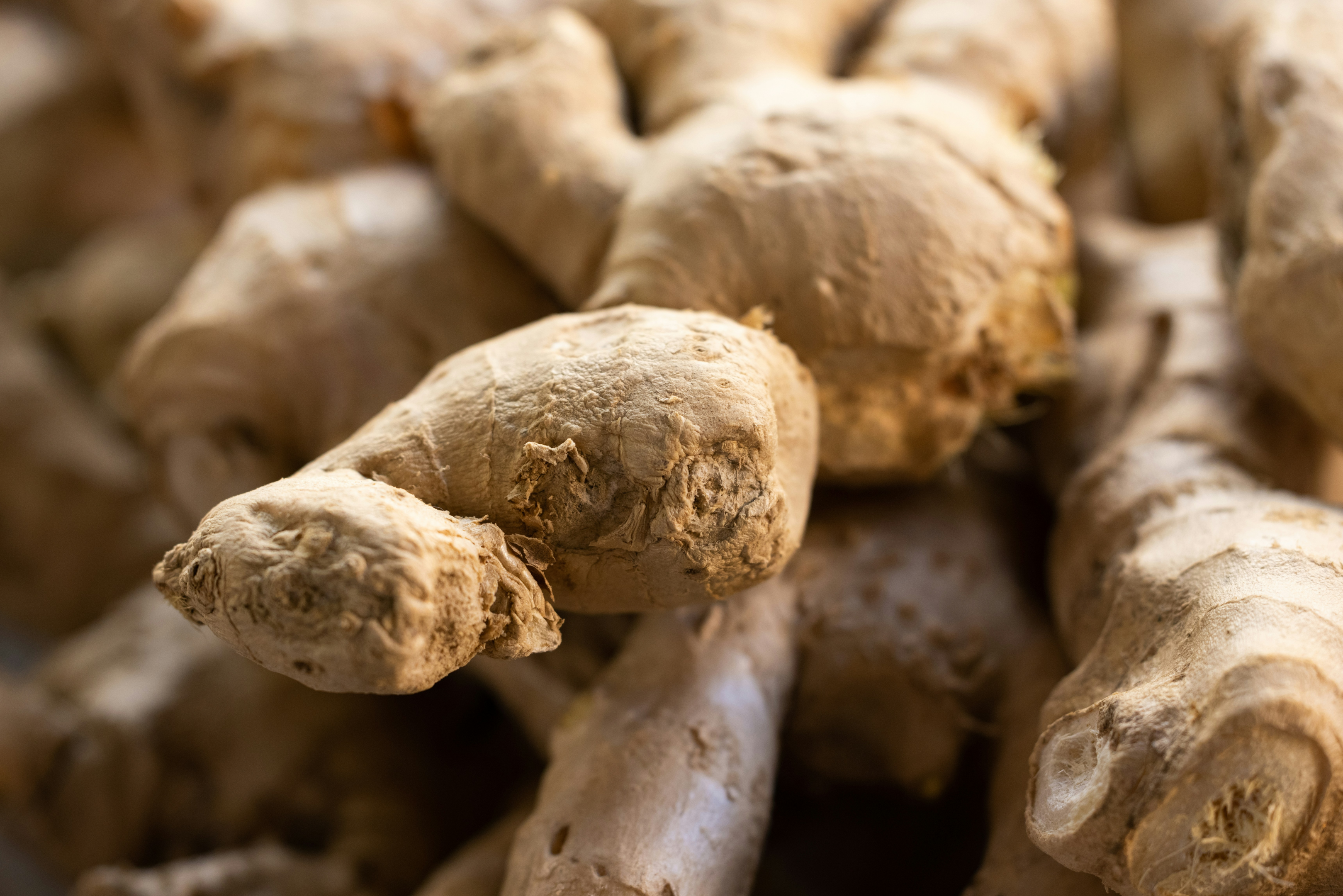
Photo by engin akyurt on Unsplash
Ginger for Digestion
People use ginger, a potent herb, to alleviate various digestive issues. It can help ease nausea and vomiting, and it promotes the smooth passage of food and waste through the digestive tract. The active components like gingerol provide powerful anti-inflammatory and potent antioxidant effects.
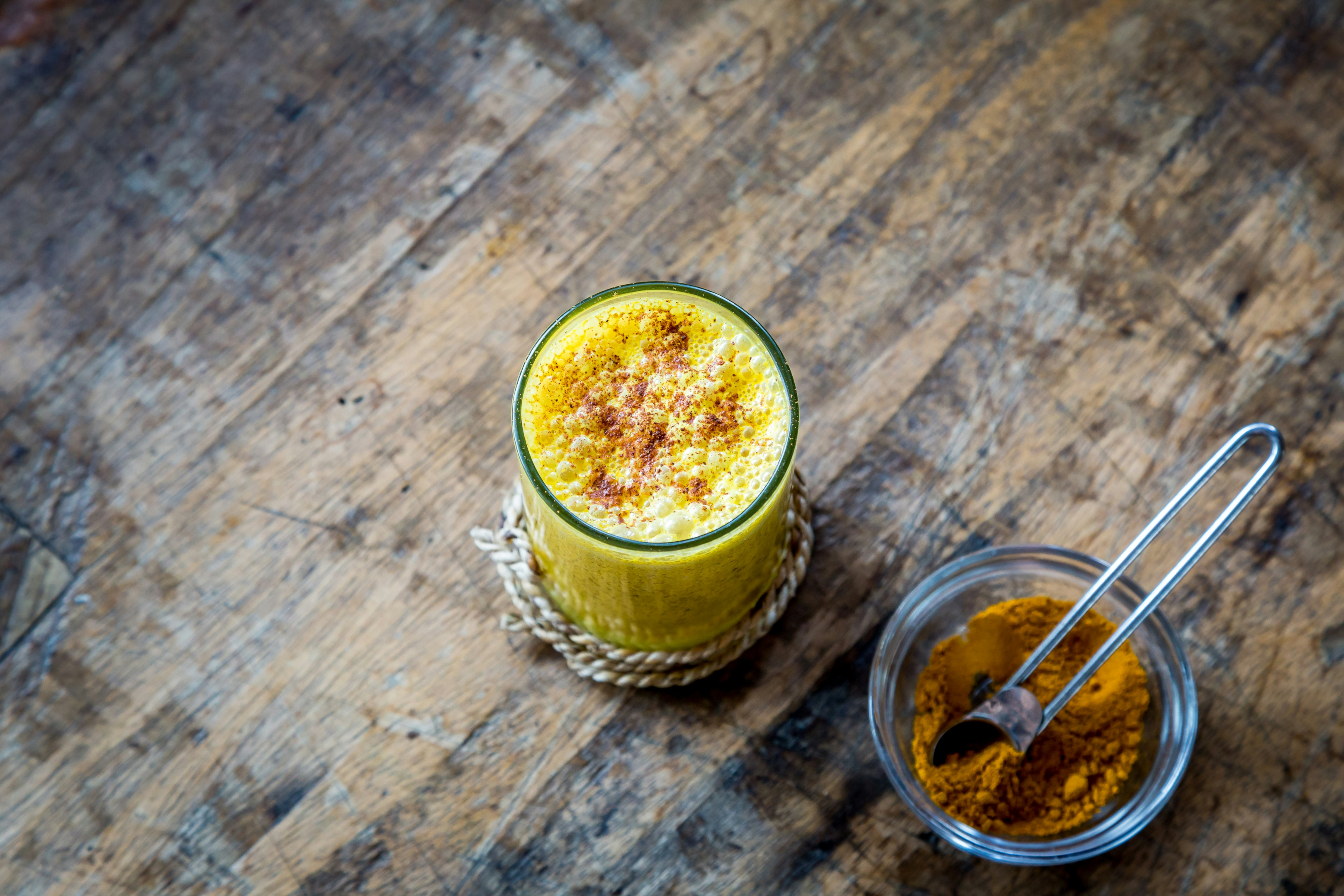
Turmeric for Inflammation
Turmeric contains curcumin, a substance with powerful anti-inflammatory and antioxidant properties. Regular consumption of turmeric can help reduce inflammation, potentially benefiting conditions like arthritis, and may also aid in wound healing.
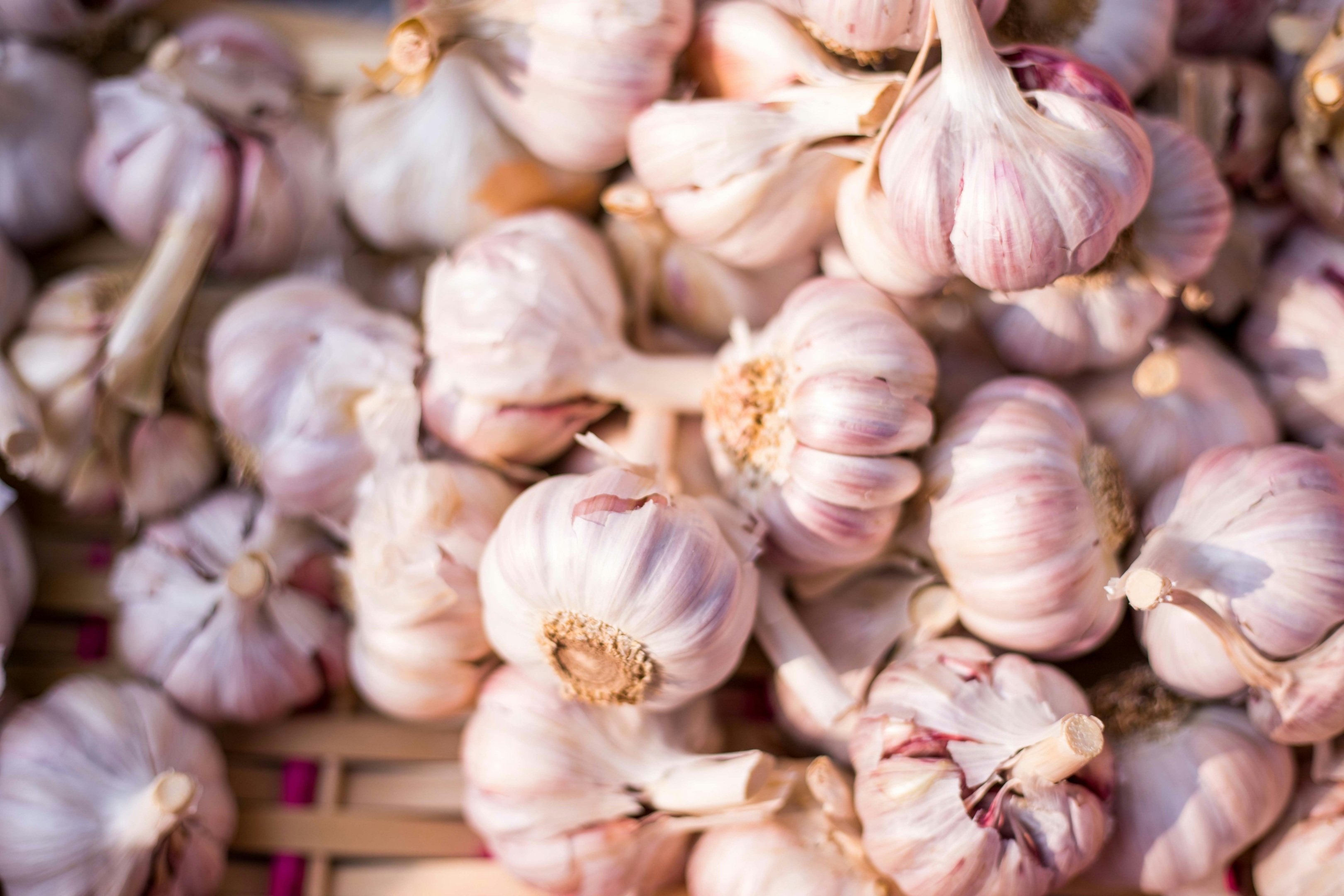
Photo by team voyas on Unsplash
Garlic for Immune Support
Garlic has been used to support the immune system and combat common colds and other infections. The key compound allicin, when crushed or chopped, offers notable antiviral and antibacterial properties, potentially reducing the severity of symptoms and duration of illnesses.
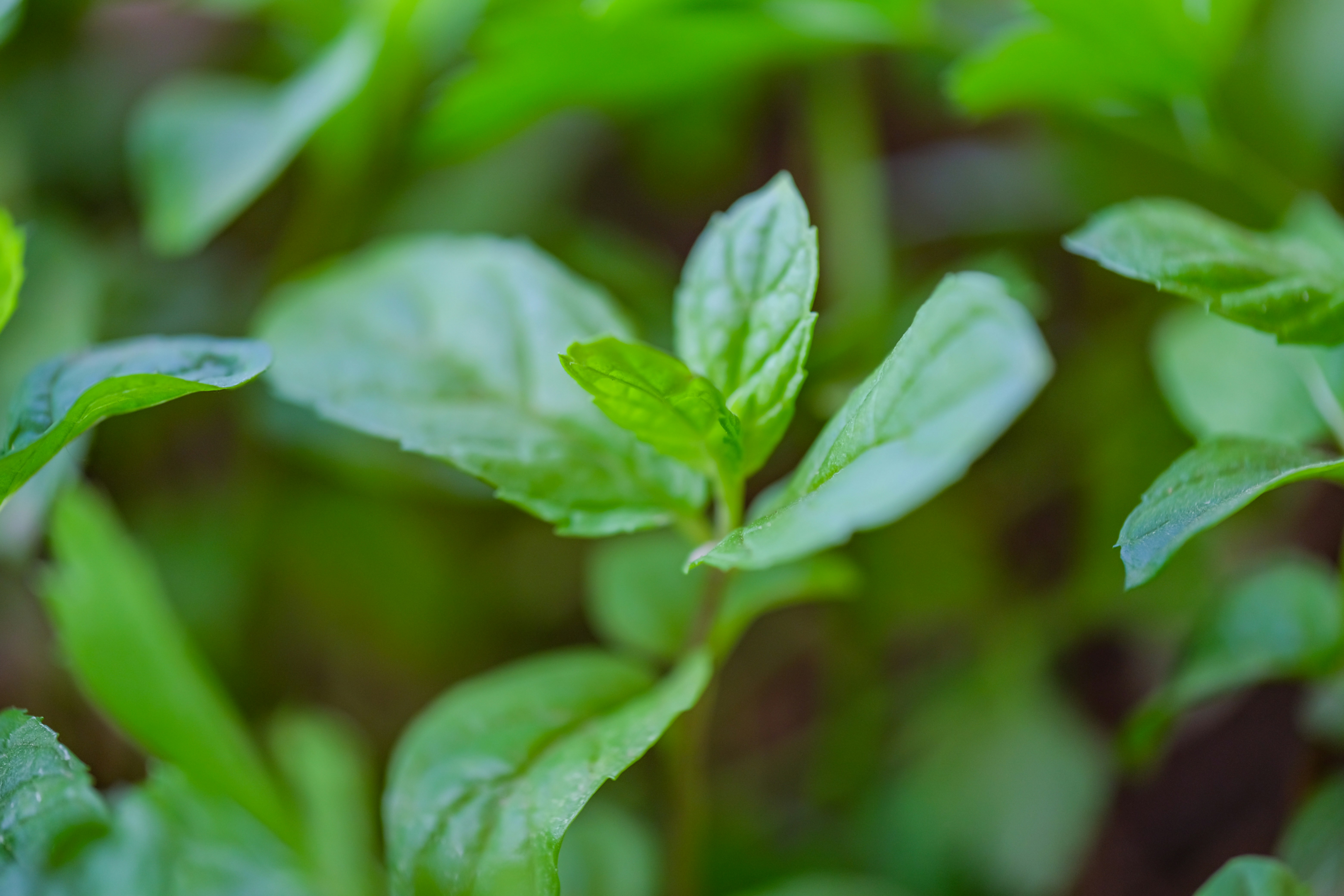
Photo by Samer Khodeir on Unsplash
Peppermint for Headaches
Peppermint oil is often applied topically to the temples to help ease tension headaches. The menthol within peppermint acts as a muscle relaxant and pain reliever.
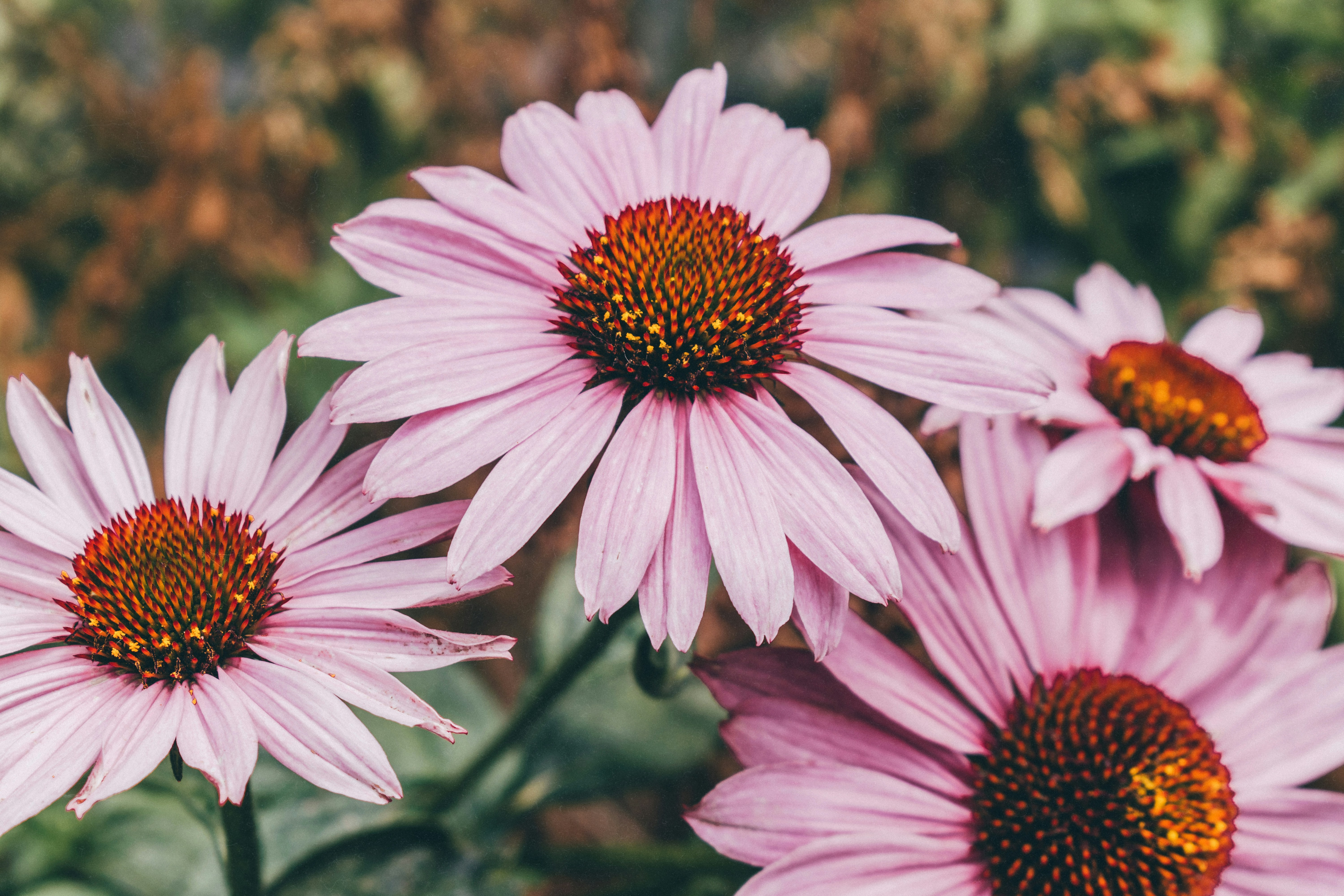
Photo by Khara Woods on Unsplash
Echinacea for Colds
People widely recognize this herb’s potential to shorten the duration of the common cold and reduce symptoms, Echinacea is a must-try. Supplements for Echinacea can come in a variety of forms, including tablets, teas, and tinctures.
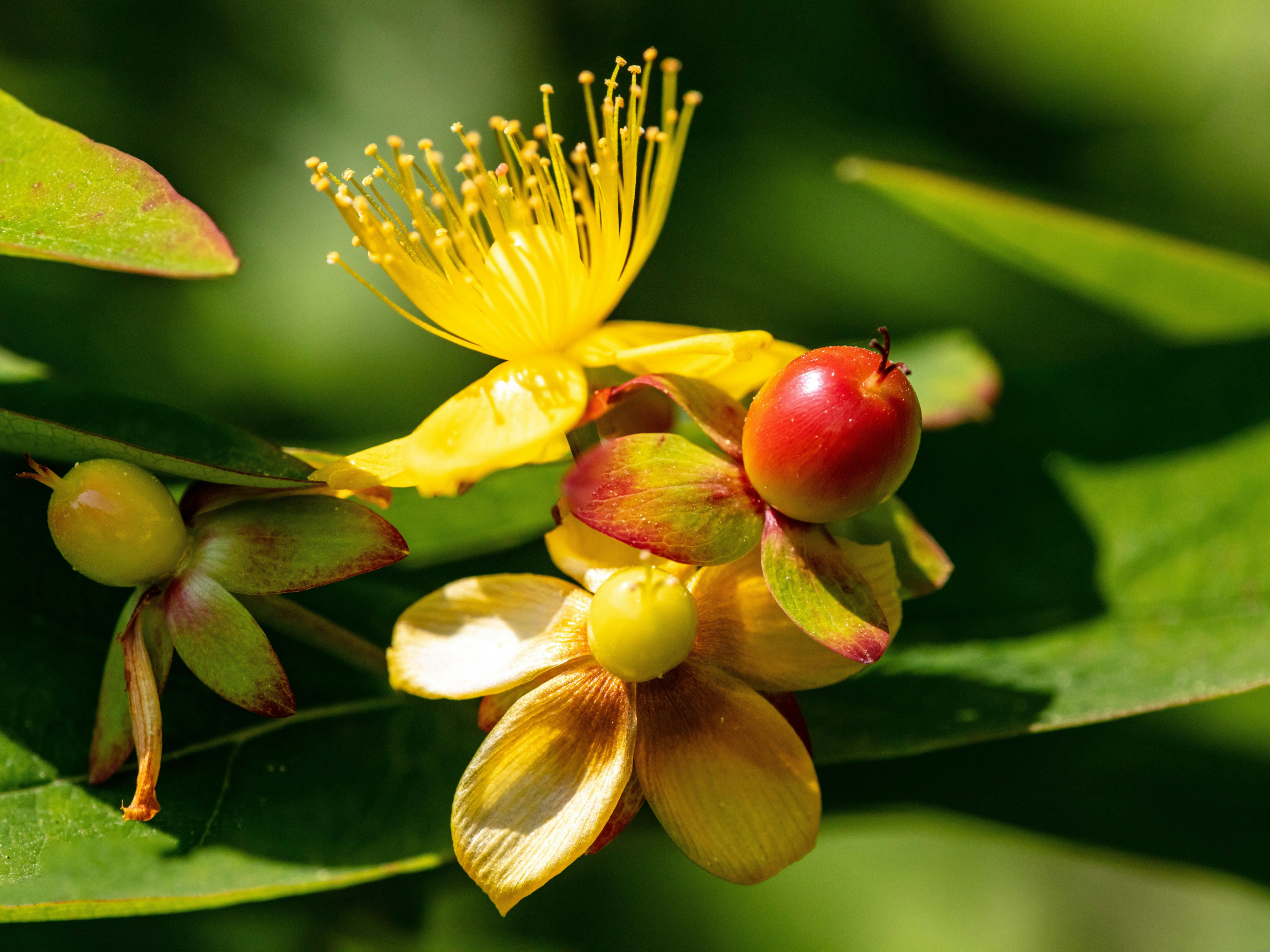
Photo by Gary J Stearman on Unsplash
St. John’s Wort for Depression
St. John’s Wort is a herbal remedy that some people use for depression. It’s thought to have a positive effect on mood but should be taken with caution, as it can interact with other medications.
Lavender for Relaxation and Sleep
Renowned for its calming properties, lavender actively promotes relaxation and enhances sleep quality. Research has shown that the scent of lavender has a mild sedative effect, actively reducing anxiety and fostering a sense of calm. Many people commonly use lavender essential oil in aromatherapy or add it to pillows to actively boost sleep.
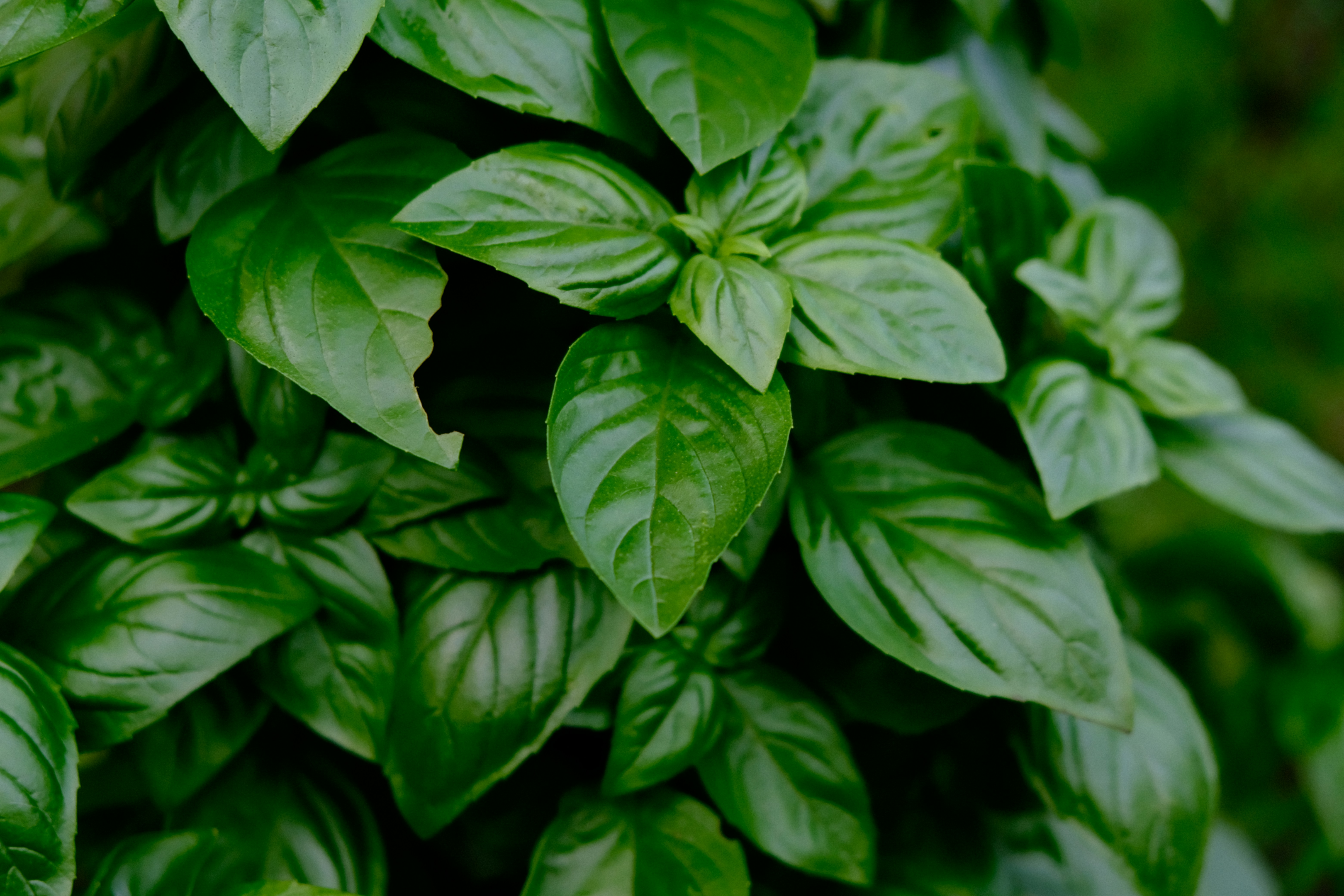
Photo by Yakov Leonov on Unsplash
Basil for Anti-Inflammatory Effects
Basil, commonly known for its culinary uses, also offers potential health benefits due to its anti-inflammatory properties. The active compounds, including eugenol, linalool, and citronellol, may help reduce inflammation in the body. Regular consumption of basil or basil extracts may contribute to managing inflammatory conditions and promoting overall well-being.
Cooking with Herbs for Health
When cooking with herbs, they can transform mundane meals into culinary delights with their flavor profiles. Fresh or dried herbs like basil, oregano, and thyme are staples in creating savory dishes. Fresh herbs are best added towards the end of cooking to preserve their flavor and nutritional value, while dried herbs are added earlier to allow their flavors to infuse the dish.
For instance, adding a handful of chopped parsley can enhance the flavor of soups and stews. To incorporate herbs like turmeric into your meals, consider blending them into marinades or sauces for an anti-inflammatory boost.
Herbal Teas
Herbal teas offer a simple way to consume beneficial compounds found in various herbs. Different herbs can be steeped to create soothing teas, such as chamomile for relaxation or peppermint for digestive health.
- Ginger tea can be made by simmering fresh ginger root in water, offering potential nausea relief.
- For immune support, one might choose a tea containing echinacea.
Supplements and Capsules
For those seeking the benefits of herbs without altering the taste of their food, supplements and capsules provide a convenient alternative. Supplements can offer a concentrated form of the active ingredient or herbal compounds.
Ashwagandha capsules, for example, are often used for stress and pain relief, while maca root supplements may help to balance hormones. It is crucial to purchase these from reputable sources to ensure quality and efficacy. Always consult with a healthcare provider before starting any new supplement regimen.
Herbs for Health and Longevity
Herbal remedies have been used for centuries to promote longevity and overall well-being. The research suggests the following herbs have shown potential in supporting a healthier, longer life through various mechanisms such as reducing stress, improving cognitive function, and enhancing vitality.
Ginseng
Panax ginseng, often referred to simply as ginseng, is one of the most highly regarded herbs for bolstering vitality and longevity. Studies suggest that ginseng can improve mental clarity and physical endurance, which are crucial for healthy aging. It contains active compounds known as ginsenosides, which are thought to be responsible for its energy-boosting properties.
Ginkgo Biloba
Ginkgo biloba is renowned for its ability to enhance cognitive function, especially in the aging population. Its leaves are rich in flavonoids and terpenoids, antioxidants that are beneficial for brain health and blood circulation. Consistent with animal studies, ginkgo biloba supplementation is associated with improved memory and reduced risk of cognitive decline.
Ashwagandha
Ashwagandha, or Withania somnifera, is an adaptogenic herb known to reduce stress and promote longevity. By helping the body manage stress and fight free radicals, ashwagandha supports overall cellular health. Its use has also been linked to improvements in energy levels, mental acuity, and physical strength, contributing to a longer and healthier life.
Interactions with Medication
Herbs can significantly impact the efficacy and safety of prescription medications. For instance, St. John’s Wort is known to interact with a range of medications, including antidepressants and birth control pills, potentially reducing their effectiveness. Individuals must check for interactions with their current medications and discuss such concerns with a pharmacist or doctor.
Quality and Sourcing of Herbs
The purity and quality of herbal supplements can vary widely between products. Factors like the presence of pesticides, heavy metals, and incorrect plant species can pose serious health risks. Opting for herbs certified by reputable agencies or organizations, such as those adhering to Good Manufacturing Practices (GMP) can help ensure product safety.
Consulting Healthcare Professionals
Before adding any herbal supplements to one’s routine, consulting with a healthcare professional is imperative, especially for those with preexisting health conditions or those who are pregnant or breastfeeding. Healthcare professionals can provide individualized advice on the safe use of herbal remedies and monitor for any adverse effects. Resources provided by institutions such as the National Center for Complementary and Integrative Health can be beneficial for both patients and practitioners to understand the nuances and potential implications of herbal medicine usage.
Herbs for Health Nature’s Best Cure
From all that we discussed, herbs for health stand out as nature’s potent allies, offering a holistic approach to well-being that extends from relaxation and digestive support to inflammation reduction and respiratory health. Embracing the richness of herbal remedies can significantly contribute to a healthier and balanced lifestyle.

Discover the natural healing power of herbs for optimal health. From the calming influence of lavender to the anti-inflammatory effects of basil, nature’s best cure lies in the diverse benefits of herbs. Embrace these botanical wonders to enhance well-being, but remember to consult with a healthcare professional for personalized advice.
Frequently Asked Questions on Herbs for Health
For centuries, people already actively used herbs for health, recognizing their medicinal properties. This section actively addresses common inquiries regarding the numerous health benefits of herbs and their applications in daily health routines.
What Are the Proven Benefits of Incorporating Herbs Into a Daily Health Regimen?
Incorporating herbs such as turmeric and ginger into a daily health regimen can reduce chronic inflammation, and support overall well-being. Clinical studies have found that certain herbs can help manage health conditions and support bodily functions.
Which Herbs Are for Boosting Immunity?
Health experts recommend echinacea, garlic, and elderberry for their immune-boosting properties. Research has shown that they enhance the body’s resistance to illness.
What Are the Top Herbs for Managing Stress and Anxiety?
Health experts often suggest for managing stress and anxiety, herbs such as ashwagandha, lavender, and lemon balm. Known for their calming effects and ability to reduce cortisol levels, these herbs demonstrate these beneficial properties.
Certain Herbs Improve Digestive Health, and if so, Which Ones?
Health experts frequently recommend peppermint and ginger as two herbs to improve digestive health. They aid in reducing gastrointestinal discomfort and improving digestive function.
What Are the Go-to Herbs for Enhancing Mental Focus and Concentration?
Traditionally, herbs like ginkgo biloba and gotu kola enhance mental focus and concentration. Research indicates that these herbs may support cognitive function and brain health.
How Can Herbs Contribute to Heart Health, and Which Have the Strongest Evidence?
Hawthorn and garlic are among the herbs with the strongest evidence for contributing to heart health. Daily use and intake of these herbs show improvements in cardiovascular function and cholesterol levels.
Follow Our Socials
Discover the awesome world of VeganGlobetrotter!
We’ve got cool stuff on different social media apps. Check out tasty recipes and travel tips on Instagram. Talk about interesting things and make friends on Twitter. Watch fun videos and learn cool stuff on YouTube. Hang out with us on Facebook for a friendly community and cool ideas. It doesn’t matter if you’re new to being vegan or you’ve been doing it for a while.
VeganGlobetrotter’s social media has something for everyone who likes yummy food and cares about the planet. Follow us on all the apps for a super fun and easy way to be vegan! 🌱✈️ #VeganGlobetrotter #YummyVeganLife
Related Articles on Herbs for Health

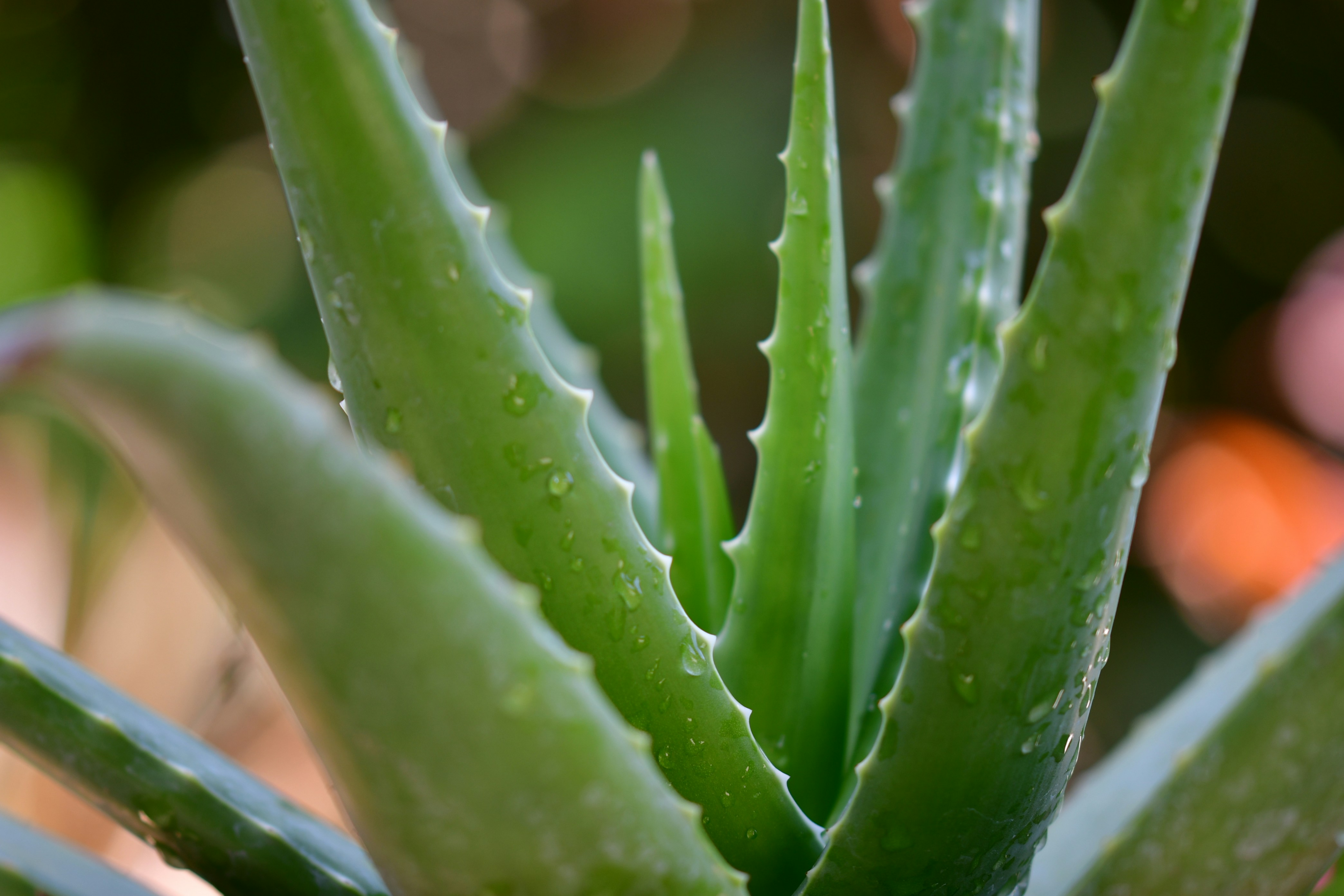



Don't miss out
when new recipes and information are added!
Join our newsletter for free recipes,
healthy living inspiration, and special offers
You have Successfully Subscribed!